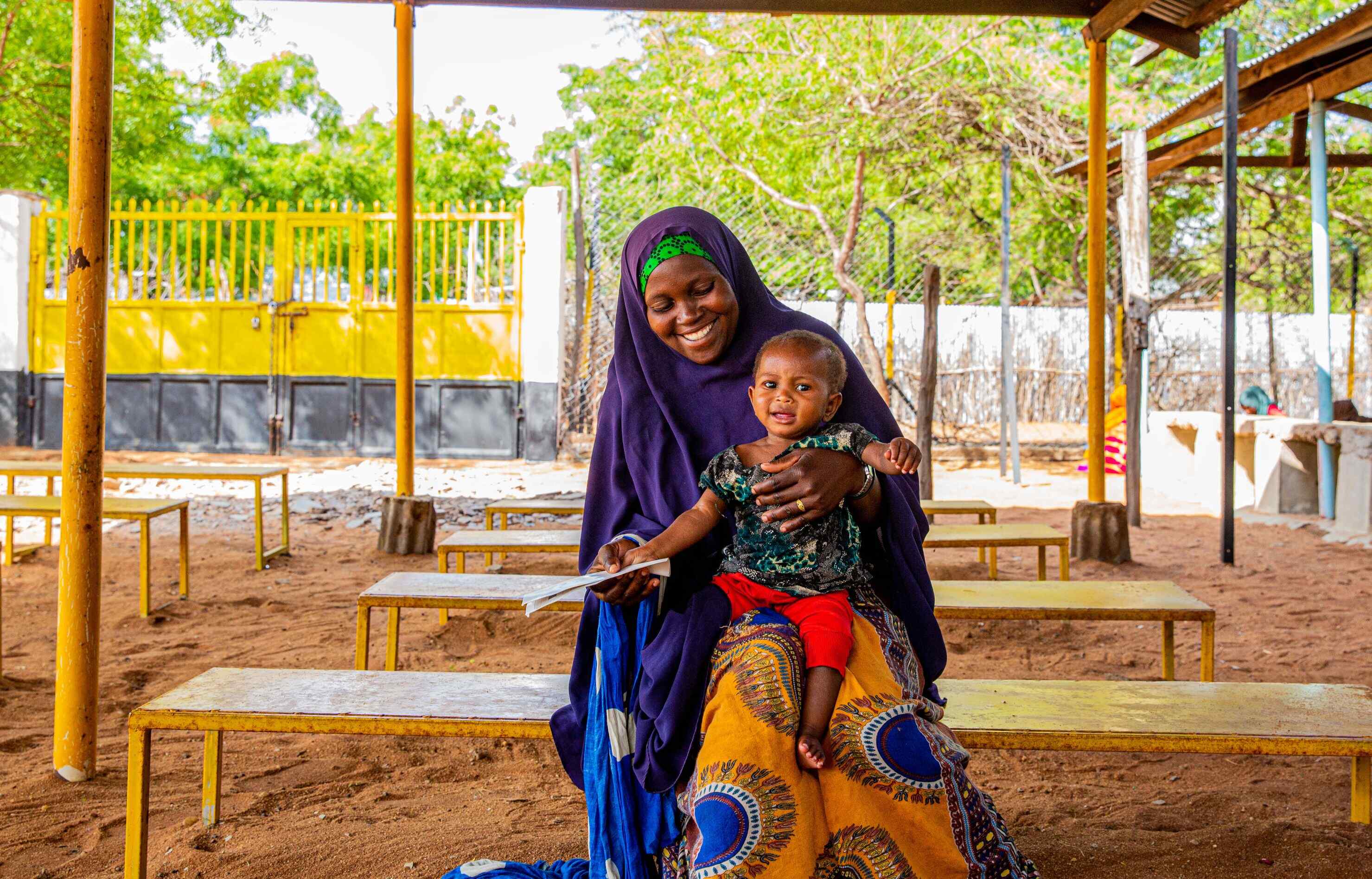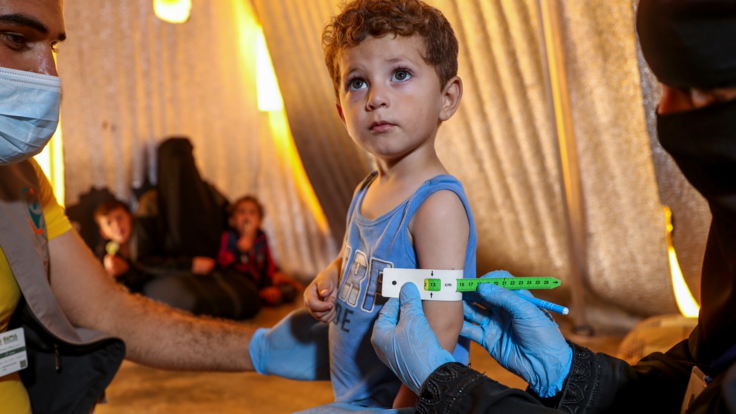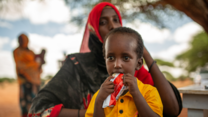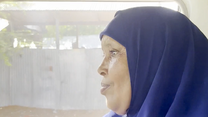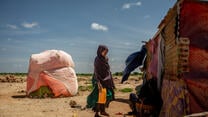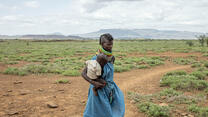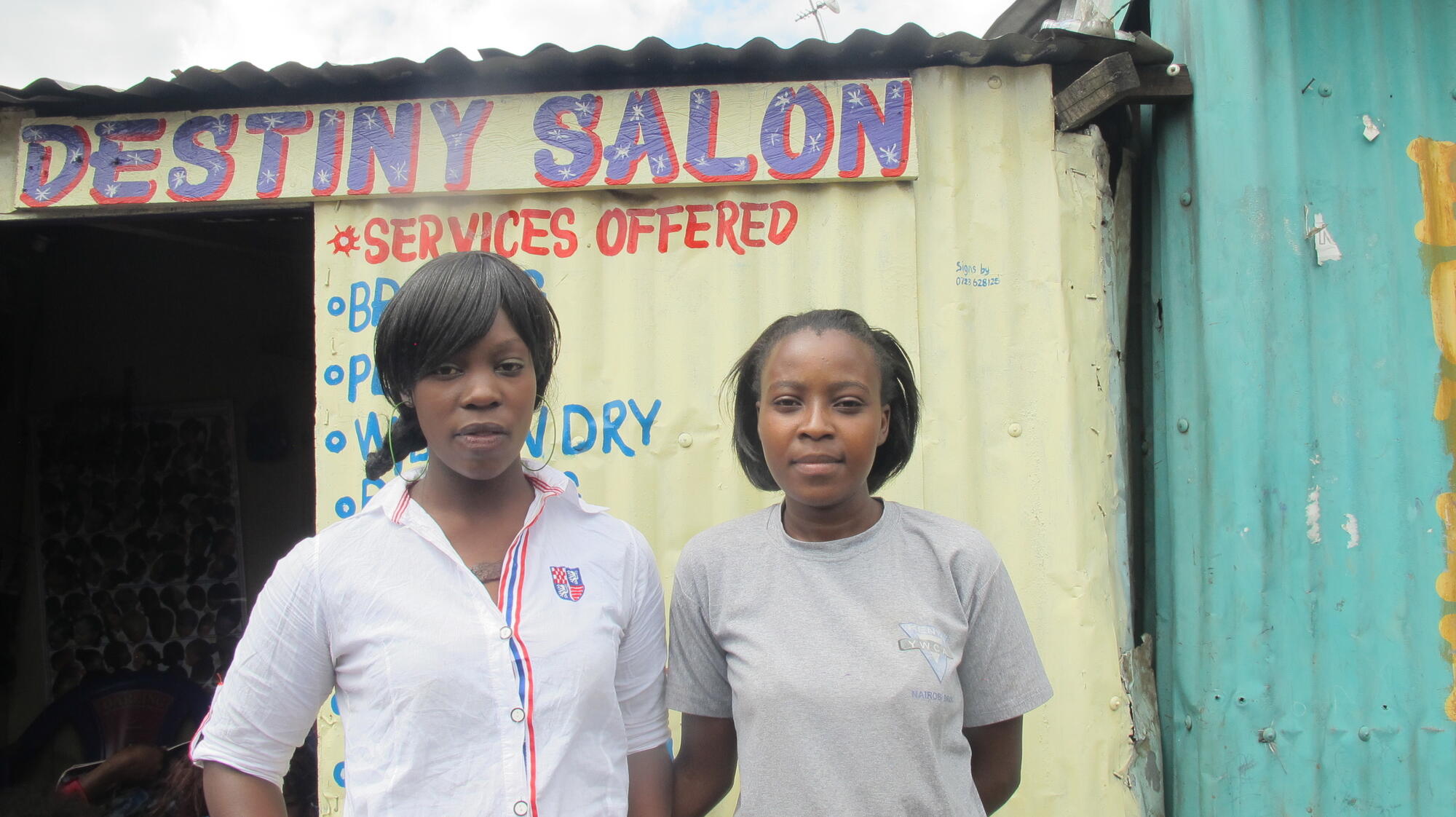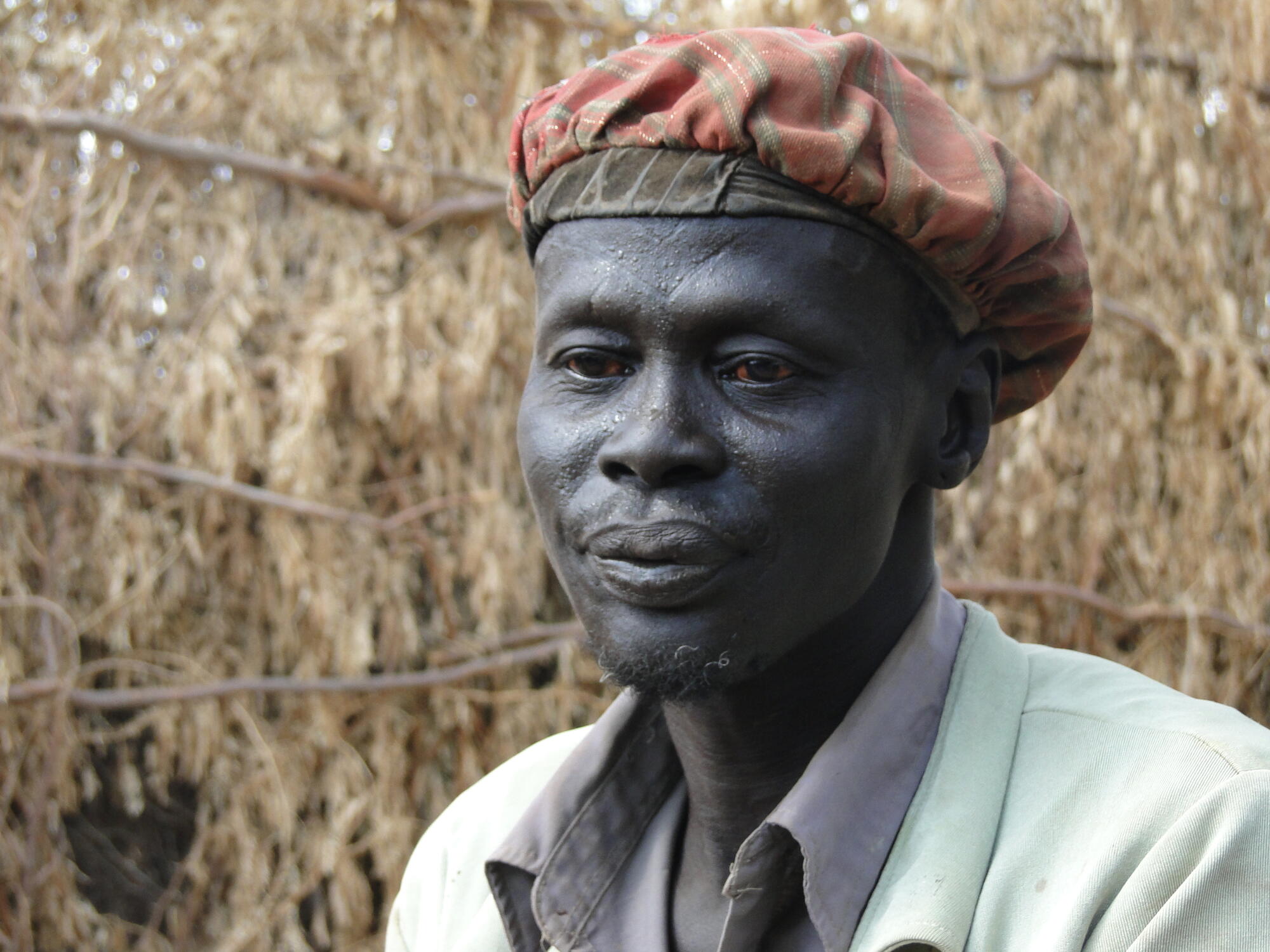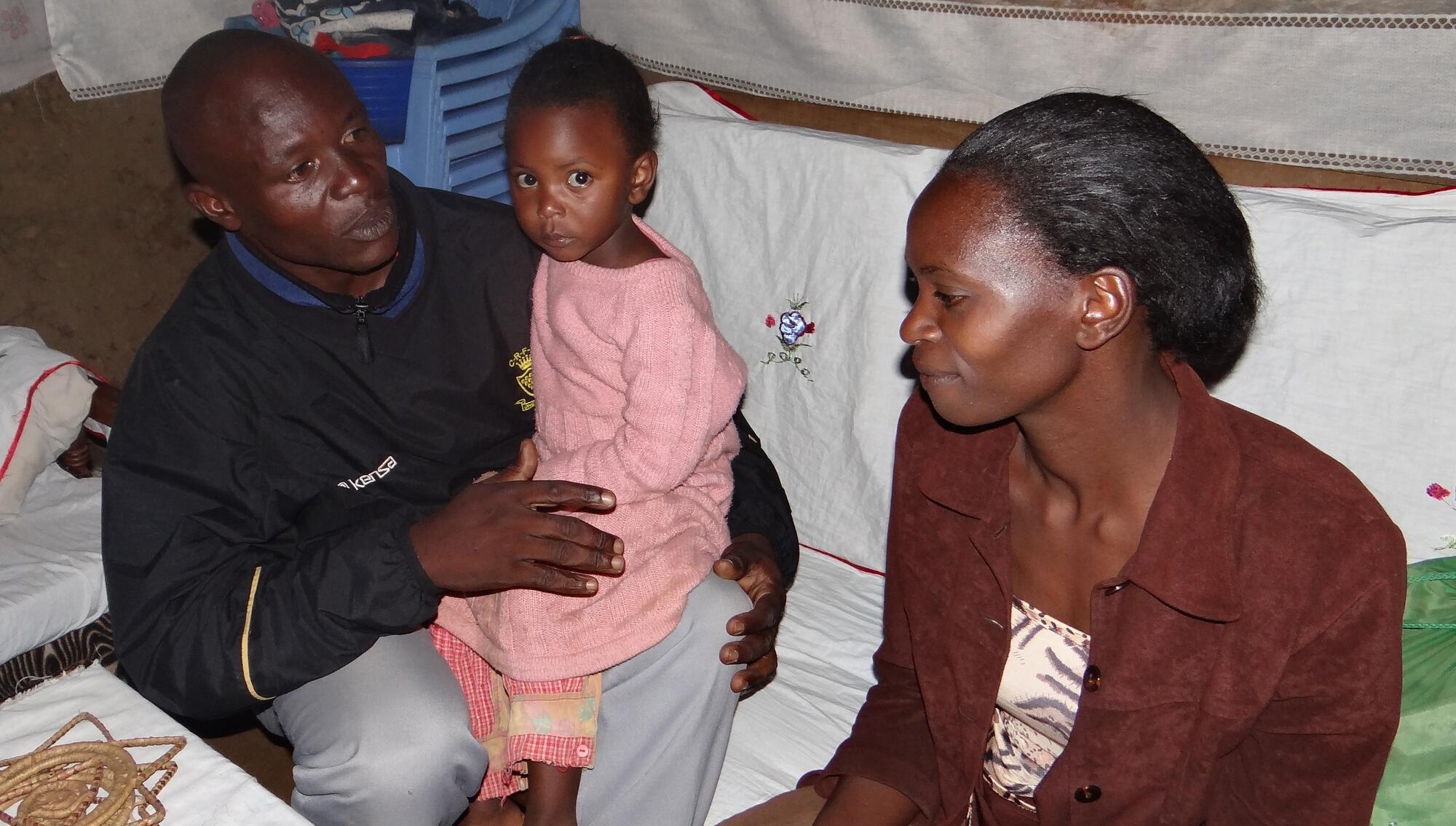The IRC ramps up early action in Kenya and Somalia to respond to El Nino, and calls for urgent support
- Heavy El Nino rains have already devastated parts of Somalia, particularly Baidoa
- 107,000 people in Baidoa were affected by recent flooding, 86,700 internally displaced makeshift houses were destroyed
- More than 12,000 cases of cholera have already been detected in Kenya, with more anticipated if floods hit
Country facts
- Population: 45.5 million
- Refugees and asylum seekers: 598,646
- Rank in Human Development Index: 145 of 188
IRC response
- Started work in Kenya: 1992
Kenya, located in East Africa, is home to one of the world’s largest refugee populations. The IRC helps vulnerable refugees rebuild their lives and provides support to host communities dealing with disease and internal conflict.
In 2007, post-election violence erupted in Kenya, leaving 1,300 dead and 500,000 uprooted. Since then, the government has taken measures to restore power to the people. However, ongoing conflict and natural disaster continue to leave many Kenyans vulnerable to poverty and disease.
Kenya is also struggling to host hundreds of thousands of refugees escaping violence in Somalia, South Sudan, Ethiopia and other neighbouring countries. Many refugees remain vulnerable to exploitation from violent groups.
The Kenyan government announced in May 2016 that it would close its refugee camps, leaving the fate of the 300,000 people living in Daabab -- the world’s largest refugee camp complex -- uncertain. The IRC and 10 other humanitarian organizations working in Kenya have called on the government to reconsider the move. In November 2016, the Kenyan government said it would postpone the closure of Dadaab by six months.
Nearly 46% of Kenyans live in poverty, according to the World Bank, and millions of people need assistance finding food.
Natural disasters such as drought and floods threaten access to clean water, leaving many vulnerable to malnutrition and disease. In December 2015, a deadly cholera outbreak in the Dadaab refugee camp left hundreds infected.
Refugees face unique challenges, such as unsafe housing and police harassment. Women and children, in particular, are extremely vulnerable to abuse and exploitation; many children are forced to work rather than attend school.
The IRC’s mission is to help people whose lives and livelihoods are shattered by conflict and disaster to survive, recover and gain control of their future.
The IRC has been working in Kenya since 1992, providing health care, women’s protection, legal rights education and nutrition services to hundreds of thousands of refugees and their host communities. We also work with the Kenyan government to support health, nutrition and conflict resolution programmes.
The IRC is focusing our efforts on the Turkana, Garissa and Nairobi Counties by:
- providing emergency health care and supplies to refugees
- supporting community health projects that improve nutrition, sanitation and access to medicine
- educating people about HIV/AIDS and other diseases
- fostering conflict resolution to make communities safe for women and children
- providing primary education for children and specialised classes and job training for youth and adults
- advocating for the rights of refugees in the capital, Nairobi, and other urban areas
Download the IRC's Kenya strategy action plan to learn more about our programme priorities until 2020.
